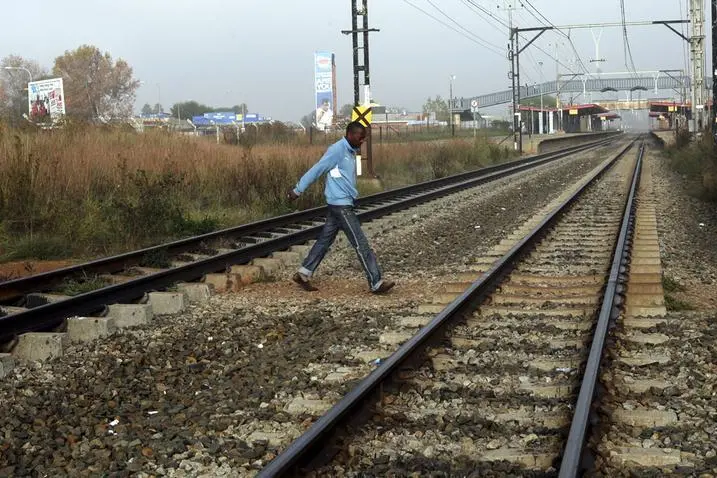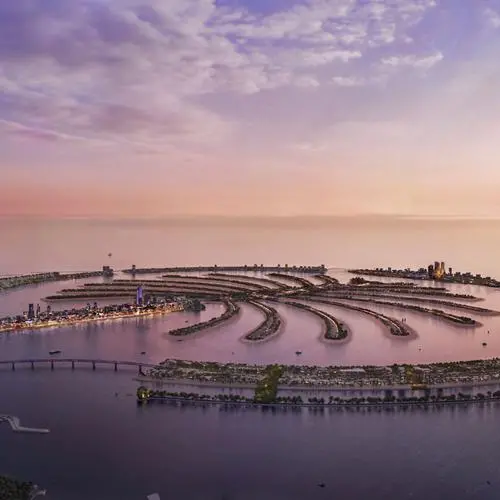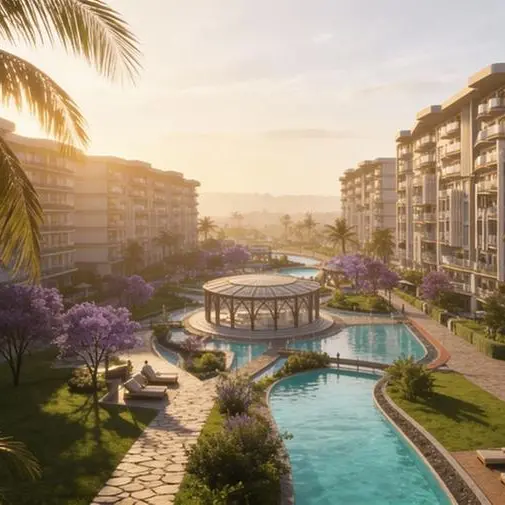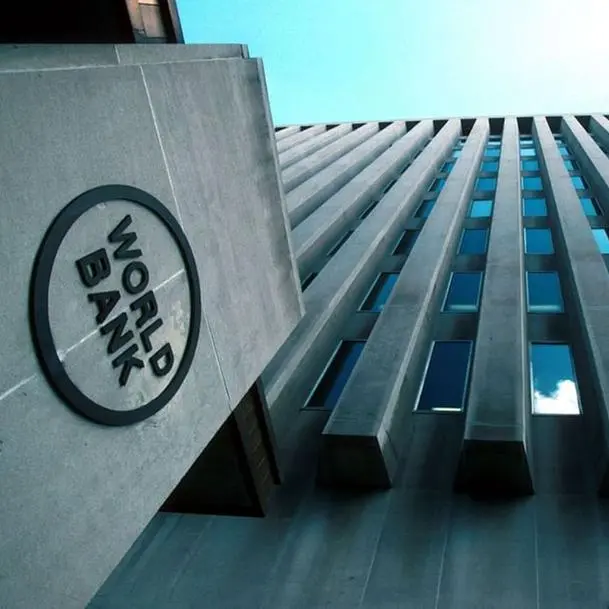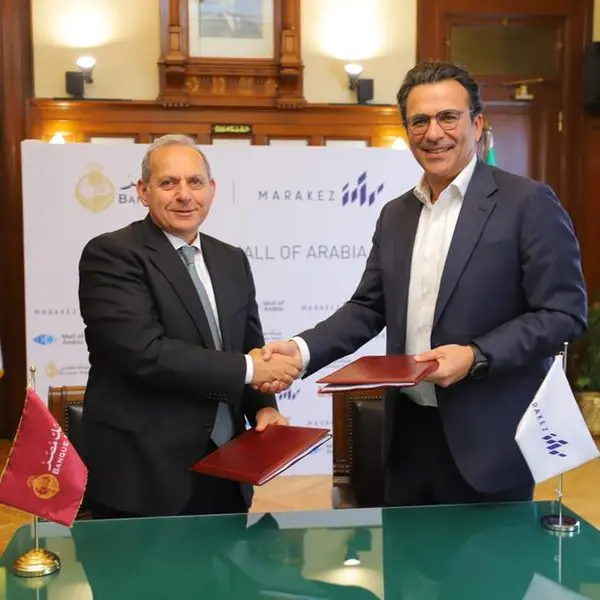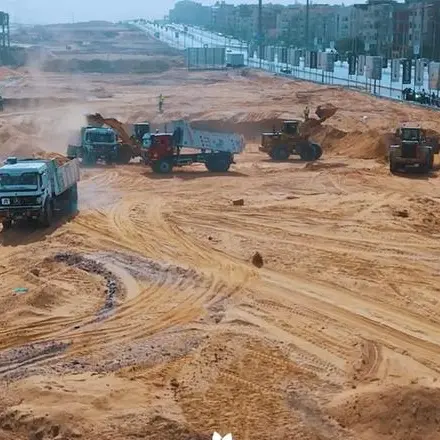PHOTO
A project to build a 1,200-km rail line linking Iraq with Turkey will face obstacles mainly its high costs, an Iraqi newspaper said on Thursday, citing experts.
Baghdad has estimated phase 1 of the ‘Development Road’ project to cost nearly $17 billion while a report by the Washington-based Arab Gulf States Institute put the cost at more than $20 billion, according to the Arabic language daily Al-Mada.
The paper quoted a recent study by the Institute as saying it would be extremely difficult for Baghdad to secure funds and that the project could not be completed before 2038 given its financial, geographical and security complications.
The paper quoted Iraq’s well-known economist Nabil Al-Marsoumi as saying the project, which will start from the Southern Faw Port and end at the Northern border with Turkey would boost Iraq’s tourism, trade, housing, industry and logistics sectors.
Marsoumi, an energy professor at Maaqal University in the Southern Basra city, said the Transport Ministry has set an optimistic date of completion for phase 1 in 2028, adding it could have the capacity to transport nearly 3.5 million containers and 20 million tonnes of cargo per year.
“But there are some obstacles facing this project, foremost of which is funding…this project needs $17 billion in its first phase and I believe counting on foreign finance is not the right option because contractors prefer to execute such a mega project on a contractual basis which means the government funds the project especially in its first stages,” Marsoumi said.
“There is also the security factor…the rail line will pass through 10 Iraqi governorates…this means there will be great difficulty in security protection as it could be attacked from time to time…besides, we need to build large power stations in some areas because this project will consume large quantities of energy.”
Amer Al-Jawahri, an investment expert at the Industry Ministry, said the “Development Road” has expressed the sentiments of Iraqi citizens for decades as the idea of constructing Faw Port has been there since 1939.
“I believe executing this project will have big economic, social and political benefits…but it requires several steps, the first of which is the formation of an executive committee that takes decisions directly from the cabinet….this committee will be in charge of executing this project, including naming a consultant, issuing tenders and selecting contractors and partners.,” he said.
(Writing by Nadim Kawach; Editing by Anoop Menon)
Subscribe to our Projects' PULSE newsletter that brings you trustworthy news, updates and insights on project activities, developments, and partnerships across sectors in the Middle East and Africa.
